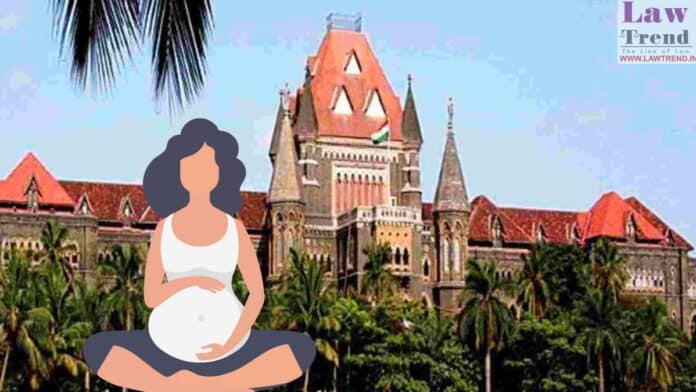The Bombay High Court on Monday directed the Maharashtra government to draft and notify within three weeks guidelines to safeguard the privacy of adolescents who approach registered medical practitioners for termination of unwanted pregnancies.
A division bench comprising Justices Revati Mohite-Dere and Sandesh Patil issued the order while hearing a petition filed by a group of doctors, including Mumbai-based gynaecologist Dr. Nikhil Datar. The petitioners alleged that police frequently overstep their authority by insisting that doctors disclose the names of adolescent girls seeking medical termination of pregnancy (MTP) following consensual relationships.
Dr. Datar argued that the rigid application of the Protection of Children from Sexual Offences (POCSO) Act, 2012, often creates hardships in cases involving consensual relationships among adolescents. He highlighted the conflict doctors face between maintaining patient confidentiality and complying with the mandatory reporting requirements under Section 19 of the Act.
In his affidavit, Dr. Datar suggested introducing a “cool-off period” before setting criminal law in motion in cases where adolescents aged 15–18 clearly state that their sexual relationship was consensual and the partner was of a similar age. He proposed limiting this exception to cases where the age gap is within five years and parents or guardians consent to withholding police action. However, he stressed that such relaxation should not extend to cases involving adults in positions of trust or authority, such as teachers or relatives.
To protect both doctors and patients, Dr. Datar recommended that medical practitioners be provided with a state-issued template for obtaining written consent from guardians when deciding not to report such cases to police. He also sought clarity on who qualifies as a guardian in these circumstances and whether minors themselves can provide valid consent in the absence of a guardian.
Further, he proposed a system of “third-party authentication” to ensure decisions are voluntary and free from coercion. This could include notarised affidavits by guardians, confirmation by a civil surgeon, or even certification by the police if the case fits the “cool-off period” criteria.
While acknowledging that mandatory reporting under POCSO should remain, Dr. Datar urged that such reports be anonymised. He suggested doctors submit data to a designated government channel without disclosing personal details, with police maintaining records only for statistical purposes and not launching criminal proceedings in these specific instances.
The Bombay High Court has previously criticised the police for compelling doctors to reveal the identity of adolescent girls seeking abortions, despite a 2022 Supreme Court ruling that such disclosure is not mandatory.
The state government has now been given three weeks to issue privacy-protection guidelines in line with Monday’s directive.




